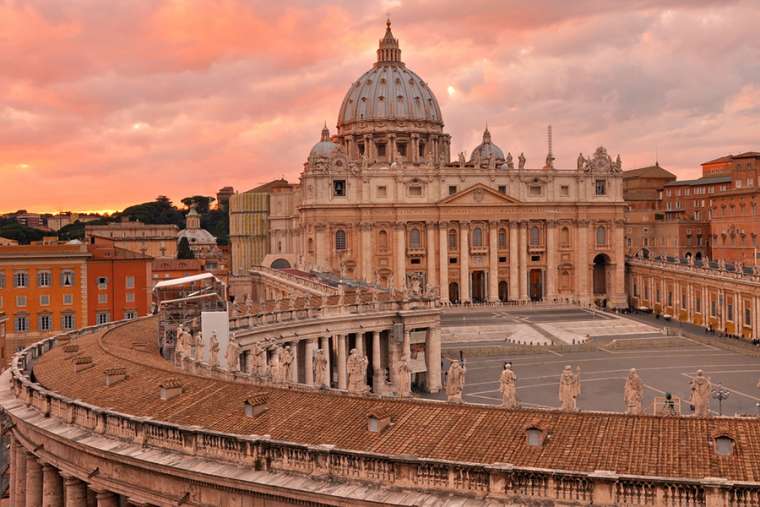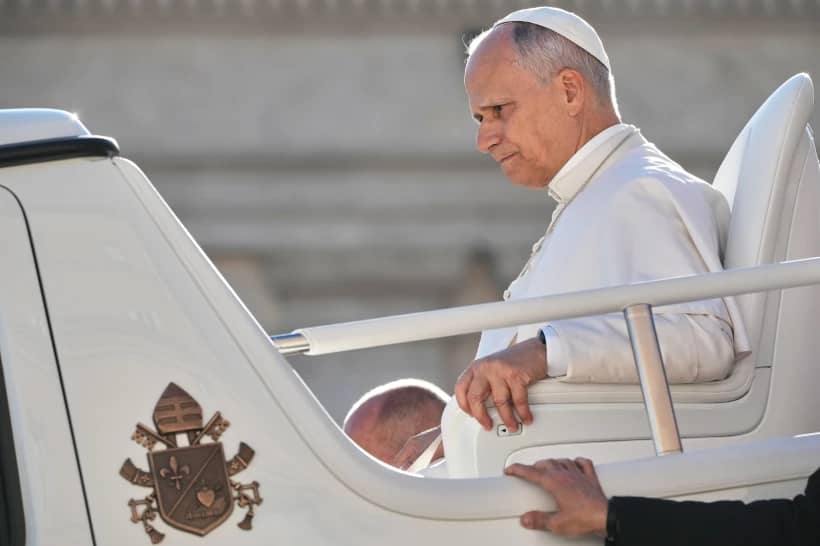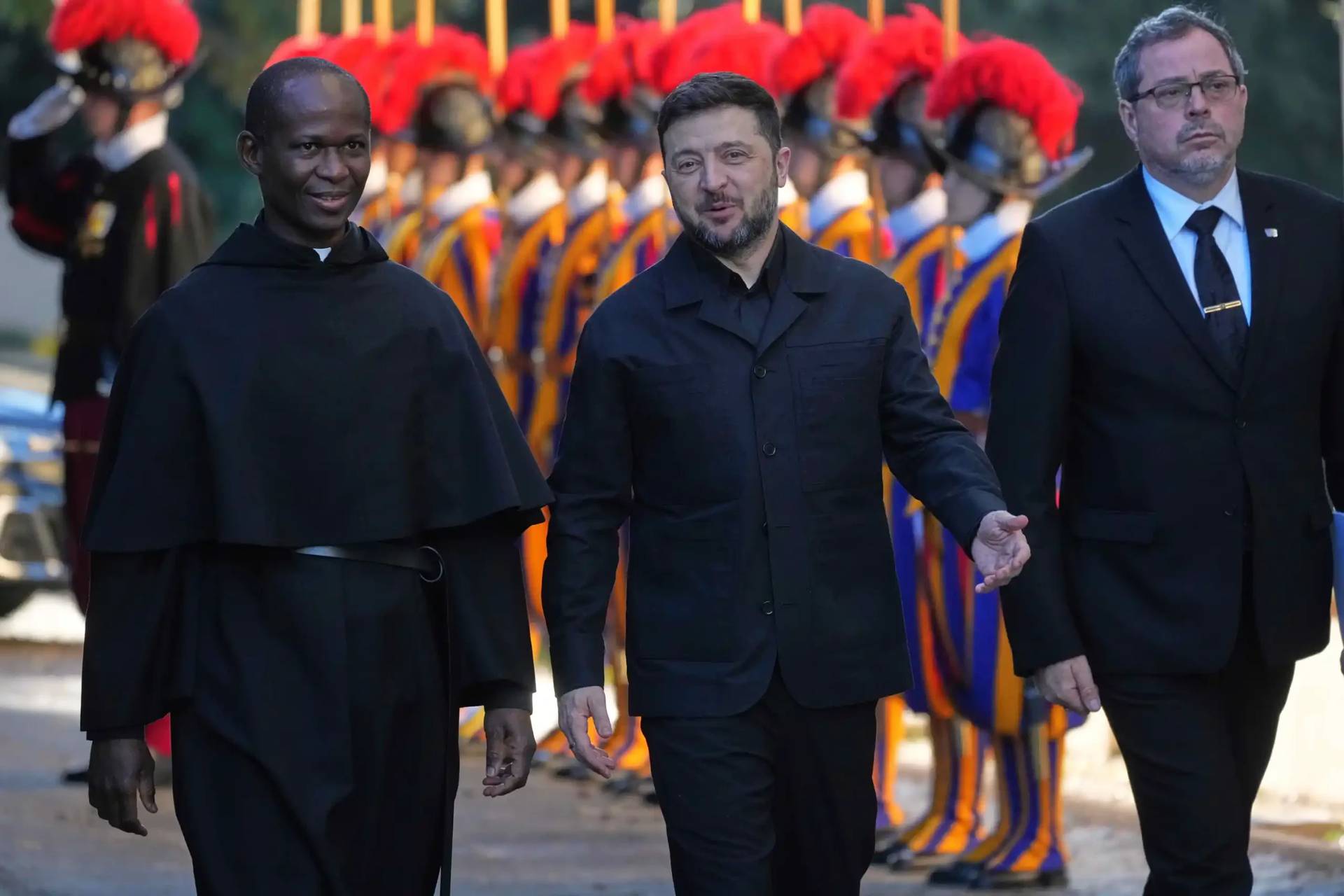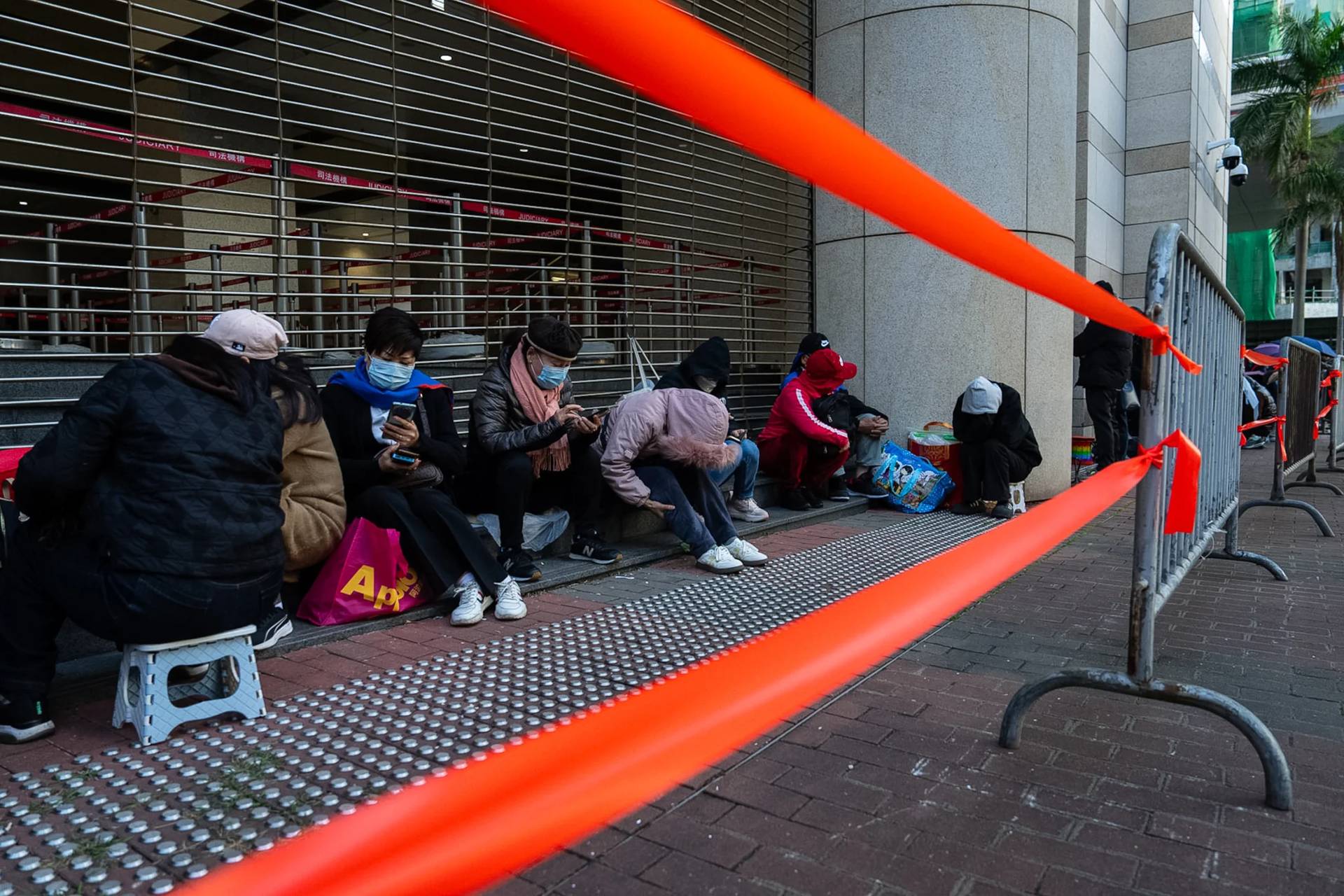ROME – Reform of the Vatican Curia aims to emphasize pastoral care, and should not be seen as a reform that will overturn the whole Curia, a bishop involved in Rome’s Curia reform process has explained.
Bishop Marcello Semeraro is the secretary of Pope Francis’s Council of Cardinals, appointed to assist the pope in the government of the Church and to tailor a Curia reform. In a recent article for the Italian Catholic magazine Il Regno, Semeraro explained how the reform is being carried forward, and the rationale behind it.
Semeraro stressed that the reforms are intended to emphasize pastoral concern, and are not intended as a revolution. He said that recent reforms to Vatican communications offices might be considered a model for the reform project.
According to Semeraro, the establishment of a third section within the Vatican’s Secretariat of State is a sign of the major emphasis given to the pastoral work.
The third section of the Secretariat of State, announced in November, is intended to show the pope’s attention and closeness to the Vatican’s diplomatic staff. For this reason, the head of the third section is tasked with visiting the Holy See’s nunciatures around the world.
Semeraro said that care for Vatican diplomats has been a main topic of discussion during meetings of the Council of Cardinals, and that the meaning of the secretariat’s reform lies in the way that the job of papal nuncios, similar to ambassadors, developed after the Second Vatican Council.
The bishop noted that nuncios were once considered exclusively diplomatic figures, but the revised 1983 Code of Canon Law “met the Second Vatican Council’s hope that the office of the Pontifical legate – that is, the Apostolic nuncio – was to be described with reference to the pastoral ministry of a bishop.”
The 1983 Code “made explicit the distinction between ecclesial and diplomatic mission,” and underscored that “pontifical representatives, although having a diplomatic side, are mostly ecclesial figures,” and their main tasks “are religious and ecclesiastical duties” undertaken on behalf of the pope, Semeraro said.
For this reason, Francis wanted to show a pastoral concern toward the Vatican diplomatic staff, since “the focus on human resources is a non-secondary aspect of the Curia reform process,” Semeraro said.
To explain the ‘big picture’ of curial reform, Semeraro recalled Francis’s 2017 Christmas greeting to the Roman Curia, and in particular, the way the pope explained the Curia’s “ad extra” functions.
According to Semeraro, the pope asked the Curia to be “extroverted,” that is, oriented beyond the Vatican, with a capacity to read the signs of times.
Semeraro said that the need to look outside, toward the local Churches, is also demonstrated by the motu proprio Magnum Principium, which liberalized the process of translating the Roman Missal from Latin into vernacular languages.
The secretary of the Council of Cardinals said that the Council itself was called to give its opinion on the issue, “with a context and competence other than the opinion of the Commission of Bishops and experts established.”
He also emphasized the work of the Pontifical Commission for the Protection of Minors in assisting the local churches as another example of a Curia that sets its gaze to the outside.
He also said that the pope wants the reform to be gradual, and this is happening with the new Dicasteries for the Promotion of Integral Human Development and for Laity, Family and Life.
Semeraro said that the Council of Cardinal relies on three principles in Curia reform: Tradition, innovation, and focus on what is really necessary.
For what concerns tradition, Semeraro said that “it is misleading thinking of a reform overturning the overall Curial framework,” as the Curia includes “dicasteries regarding some fundamental ecclesial actions, like the announcement of the Gospel, the safeguarding of faith, the liturgical life, the service of charity.”
The key principle of innovation is epitomized by the reform in the area of communication, that was intended to respond to new media realities.
The principle of “focus” might also be called “simplification,” as has happened with the merging of some dicasteries.
The pope intends the reform as a “process” – Semeraro concluded – that needs time to be completed, according to Francis’s sentence in Apostolic Exhortation Evangelii Gaudium that states the need to “start processes, rather than possessing spaces.”
In this sense, the Curia’s Lenten spiritual exercises, which Francis requested be set outside of Rome, are part of this reform, Semeraro stressed.
















